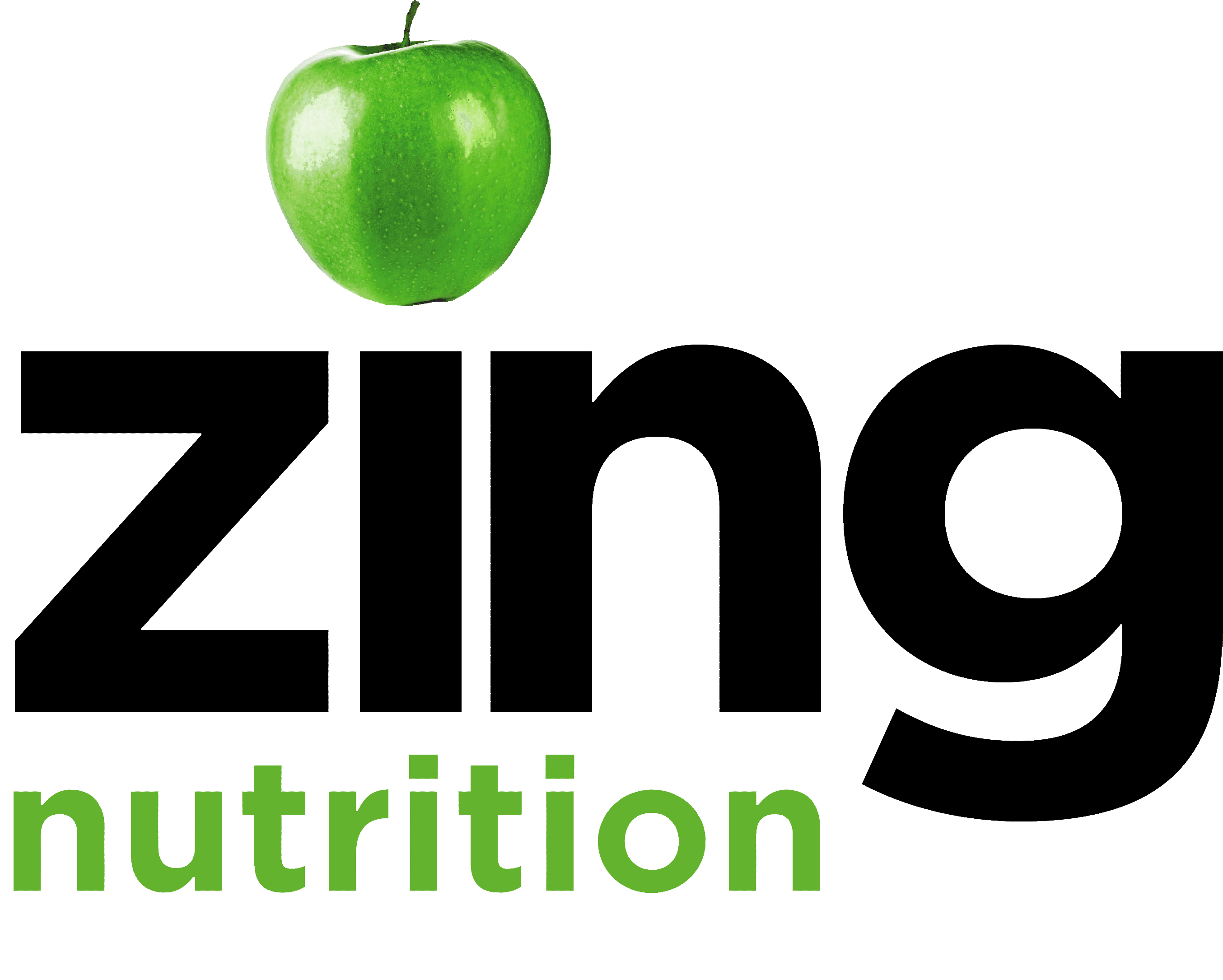9 foods nutritionists never eat!
There is an argument that all foods are OK in moderation and I would go along with this to an extent.
If you’re a healthy weight and adopting an 80:20 approach to your diet i.e. eating healthily 80% of the time and allowing a 20% indulgence in foods you love but don’t quite meet the, ‘healthy option category,’ then fine this should work well for most people as long as your not allergic or intolerant to the foods in question.
I very much follow an 80:20 rule, my main indulgences being almond croissants, champagne and very occasionally fish and chips shock horror! I don’t however in any way see the 80% healthy side of my diet as being at all deprived, I love my healthy salads, berries, nuts & seeds and feel better eating this way.
Interestingly, and I’ve notices that among my fellow nutritionists there are a number of things that we nutrition professional NEVER eat and these are as follow
1 Low fat/ reduced fat foods/ diet foods
These foods are, by definition, very highly processed. Where fat is taken out of a food, what nearly always goes in instead is either sugar or artificial sweeteners. The idea that fat is bad or leads to weight gain has now been acknowledged as being entirely wrong. We now know that sugars (and excess starchy carbs) are what mostly leads to weight gain and keep you craving sweet things. Many artificial sweeteners aren’t great for gut health either. I’d far rather stick to the natural, full fat version.
2 Margarine and butter substitutes
Margarine and vegetable spreads are the nutritionally poorer relations of real butter, coconut oil and other healthy fats like olive oil. Again, they are heavily processed. Often what draws people to them is the thought that they are somehow healthier because of their lower levels of saturated fats. Given that saturated fat is not the enemy to your health – while artificially hardened vegetable oils (think trans-fats) are – it’s far better to stick to unadulterated fats, using ghee (clarified butter) and coconut oil, or olive oil for cooking at lower temperatures.
3 Sugar free fizzy drinks, diet drinks and energy drinks
Sometimes I see clients ‘filling up’ on diet drinks, which (although they contain no actual calories) are doing your body no favours. They’re still conditioning your body to expect more sweet stuff, and the jury is still out on whether artificial sweeteners are not great or seriously detrimental to health. Energy drinks often provide a dual hit of very large amounts of caffeine accompanied by either a lot of sugar or artificial sweeteners. When I’m working with clients who are propping themselves up with these drinks, I like to get to the cause of their fatigue, because what’s in the tin of Red Bull (or similar) will not be helping.
4 Hotdogs and processed meat
It is quite shocking how little actual meat goes into hotdogs, and processed deli-style meats are often pumped with water, sugar (even if it’s not actually called sugar, look out for anything ending in ‘-ose’ – like dextrose) and preservatives. Some of the additives in processed meats have been linked to increased risk of colon cancer. If my family demand ham, it’s pretty easy to pick up a small ham joint and cook it myself.
5 Shop-bought cereals
Most supermarket cereals are filled with sugar and very high in starchy carbs, which will have your energy levels crashing come mid-morning. Better options include home-made granola like my Zingy low sugar granola or my Paleo granola, which are easy weekend jobs and last a good while, porridge or overnight oats, omelettes or poached eggs (in fact, any kind of eggs) on wholemeal toast.
6 Rice cakes
These are often a go-to food for anyone counting calories. Unfortunately, they will skyrocket your blood sugar levels. A better choice would be a couple of oat cakes topped with unsweetened nut butter or a little hummus.
7 Synthetic artificial sweeteners
Its best to avoid sugar where humanly possible in all forms. Its better to cultivate a less sweet tooth and the truth about sugar is that the less you eat the less you want to eat so it is possible to retrain your pallet quite easily. I have to admit that there are some foods that I just have to sweeten, porridge being one. I will add cinnamon and blueberries to porridge which does help but if it doesn’t hit the spot, I will add xylitol. Xylitol is made from birch and beech wood and is excellent for blood sugar control, Stevia is fine too and both readily available.
8 Mycoprotein like Quorn
Quorn is a very processed food that comes from a fungus Fusarium venenatum and is fermented. It has a lot of other ingredients added – like flavourings, yeast, starches and colourings, gluten to give it the texture and flavour of meat. Lentils and pulses are a much healthier alternative if you’re after vegetarian choices.
9 Fruit Juice
The easiest way to get lots of sugar into your system in a short space of time is by drinking it. And since it comes in as liquid, the body doesn’t register it as “eaten”, so it cunningly slips past any detectors that might otherwise signal satiety or ‘satisfaction’. Fruit juice – particularly when freshly squeezed – certainly contains lots of lovely vitamins and minerals, but it contains just as much sugar as that can of Coke. So, don’t kid yourself: fruit juice is not healthy. If you want fruit, eat fruit. Don’t drink it.

